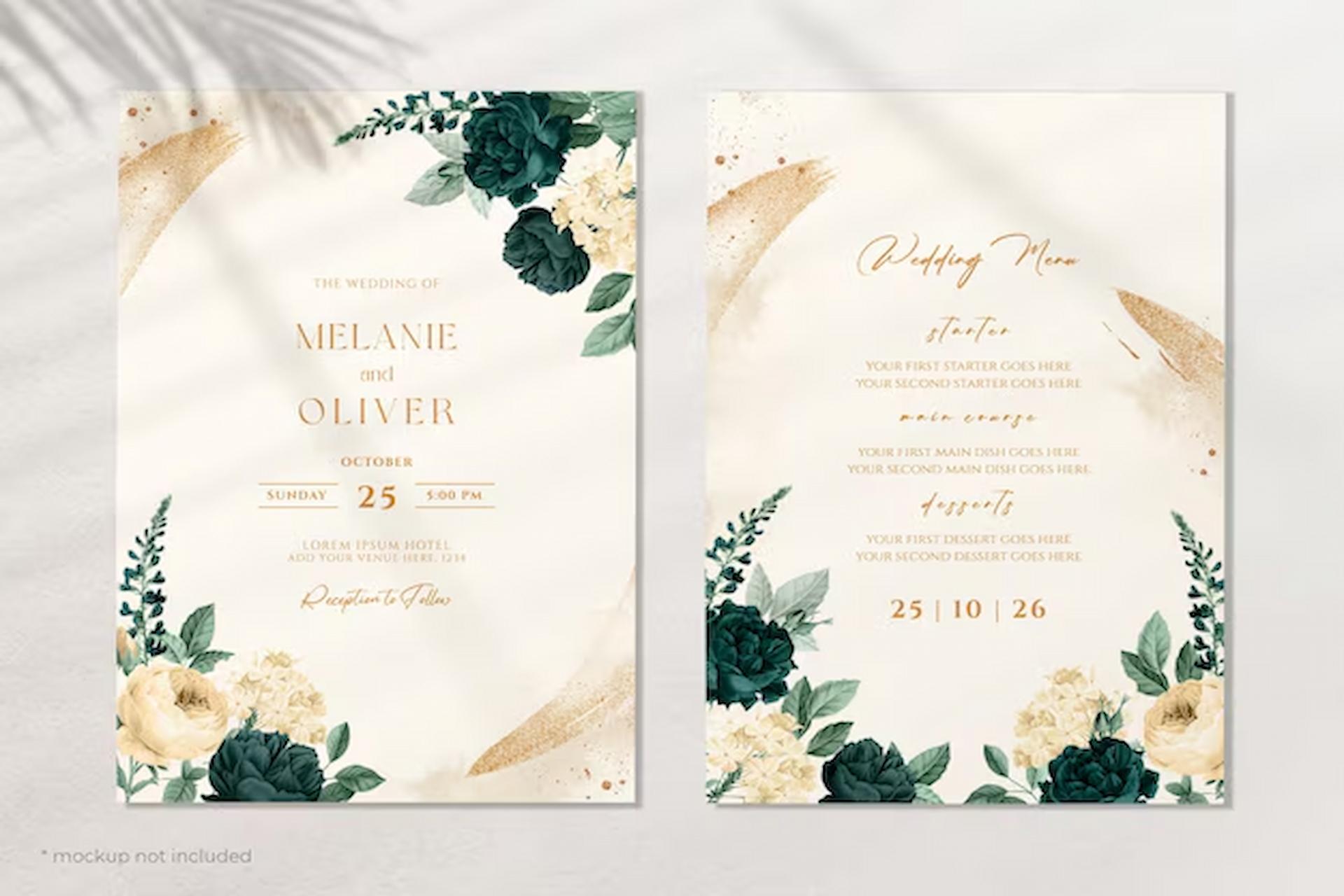Planning your wedding involves many details, and sending invitations at the right time is crucial. For local weddings, aim to send invites six to eight weeks in advance. For destination weddings, consider sending them three months ahead. This ensures your guests have enough time to prepare and celebrate with you.
Planning a wedding involves numerous details, and sending out invitations is crucial. Timing is key to ensure your guests have ample notice to attend your special day. Sending invitations too early or too late can lead to confusion and affect attendance. This guide will help you determine the optimal time to send your wedding invitations, ensuring a smooth wedding planning process and a well-attended celebration.
Understanding the Standard Timeline
Traditionally, wedding invitations are sent out six to eight weeks before the wedding date. This timeframe allows guests to mark their calendars and make necessary arrangements. However, this standard timeline can vary based on several factors, including the nature of your wedding and the location of your guests.
Destination Weddings
If you’re planning a destination wedding, it’s considerate to provide extra time for your guests. Sending invitations three months in advance is advisable. This extended notice allows guests to arrange travel, accommodations, and time off work. Early invitations also help in securing better travel deals and accommodations.
Save-the-Dates: An Early Heads-Up
For weddings scheduled during peak seasons or holidays, or if many guests will be traveling from afar, sending save-the-date cards six to eight months before the wedding is beneficial. This early notice enables guests to plan ahead, increasing the likelihood of their attendance. Save-the-dates are especially useful for destination weddings or events requiring significant travel.
Setting the RSVP Deadline
Including an RSVP deadline is essential for finalizing your guest count. Set the deadline three to four weeks before the wedding date. This allows sufficient time to finalize seating arrangements, catering numbers, and other logistical details.RSVPs also help in managing any last-minute changes or accommodations.
Considerations for International Guests
If you have guests traveling from other countries, it’s courteous to send their invitations earlier, around three months before the wedding. This accounts for longer postal delivery times and provides ample time for visa arrangements and travel plans. Additionally, consider providing information on local accommodations and transportation to assist them.
Avoid Sending Invitations Too Early
While sending invitations well in advance might seem helpful, doing so more than four months ahead can lead to guests forgetting the date or misplacing the invitation. It’s best to adhere to the recommended timelines to keep your wedding fresh in your guests’ minds. Overly early invitations may also lead to premature RSVPs, which could change as the date approaches.
Digital Invitations: A Modern Approach
In today’s digital age, some couples opt for electronic invitations. If you choose this route, the same timing guidelines apply. Ensure that all wedding guests are comfortable with digital communication, and consider following up with those who may prefer traditional mail. Digital invitations can be efficient and eco-friendly but should be used thoughtfully.
Include Wedding Details on a Dedicated Website
Provide guests with a central hub for information.
Create a wedding website and include the URL on your invitations or save the dates.
Use the website to share venue directions, dress codes, and local accommodations.
Add an FAQ section to address common questions, such as parking or special dietary requirements.
A dedicated website reduces the chances of confusion and gives guests a convenient resource for planning their attendance.
Consider the Cultural or Regional Norms
Tailor your invitation timing based on traditions.
Some cultures prefer longer notice periods to accommodate elaborate celebrations.
In certain regions, shorter timelines might be customary due to proximity or simplicity.
Discuss with family members or planners to ensure you honor any cultural or local expectations.
Adapting your invitation timeline to these norms ensures respect for traditions while maintaining proper etiquette.
Follow Up with Late Responders
Keep your guest list on track with polite reminders.
After the RSVP deadline, contact guests who haven’t responded.
Use a friendly tone when reaching out through a call, email, or message.
Keep a buffer period for last-minute RSVPs to adjust your arrangements accordingly.
Following up ensures an accurate guest count and helps finalize plans without unnecessary stress.
Conclusion
Timing your wedding invitations appropriately is vital for a well-organized event. Before sending out your invitations, double-check all details, including dates, times, venues, and RSVP information. Ensure that your return address is correct and consider including a way for guests to contact you with any questions. Attention to detail at this stage can prevent misunderstandings later.







Leave a Reply
You must be logged in to post a comment.